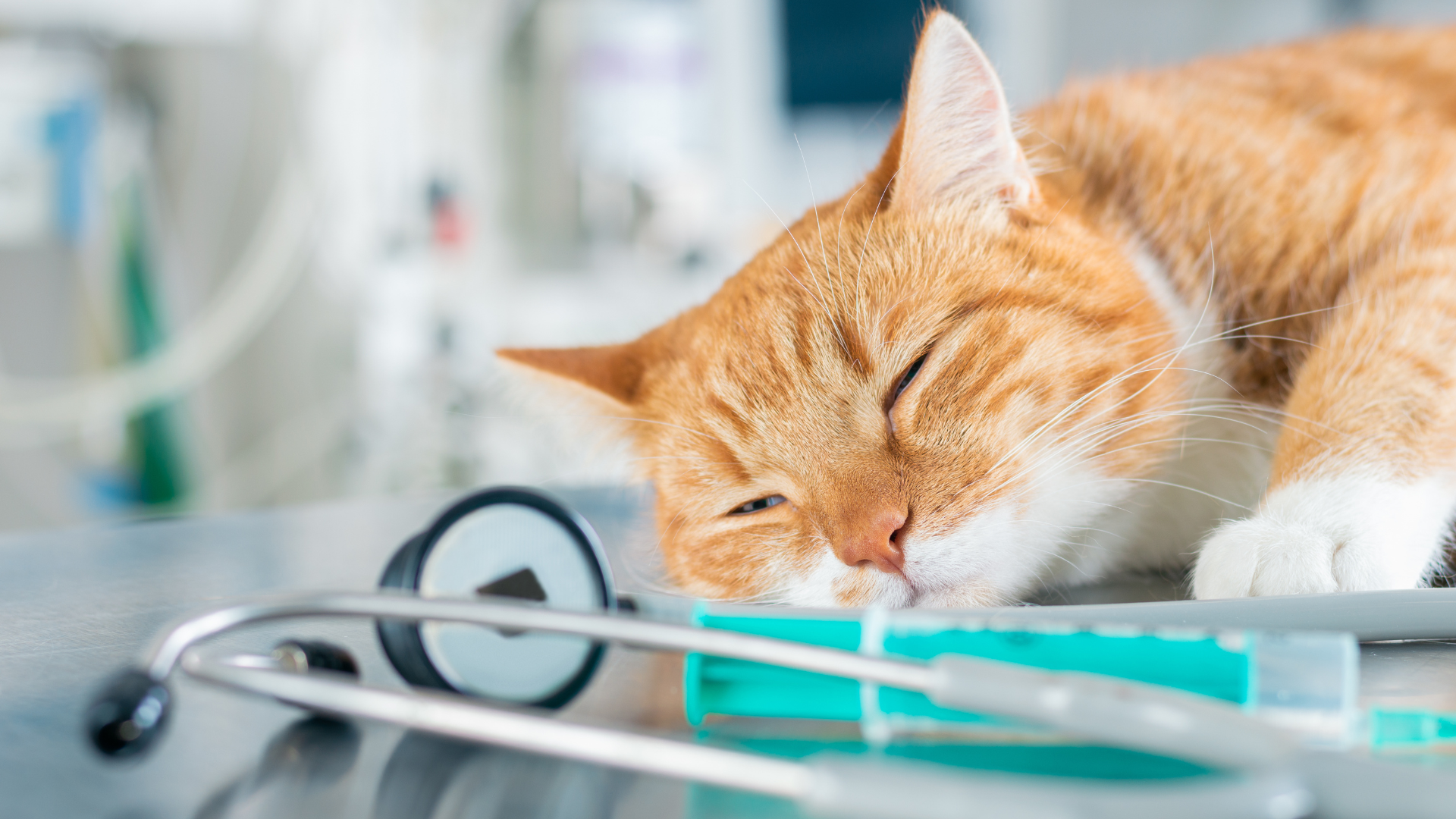
Republished and edited from an article by Brandon Hess, CVPM, CCFP
Veterinary medicine is riddled with self-imposed unrealistic expectations, such as making every client happy and not making mistakes. What if the most detrimental of those unrealistic expectations is the constant longing for work-life balance? Is work-life balance unattainable? What if the secret to decreasing burnout and compassion fatigue is not to find balance but to find personal and professional satisfaction, through self-care and personal accountability?
Defining work-life balance
We must first understand the definition of work-life balance, which can be very different depending on the individual. As life evolves and events occur (for example, the birth of a child), personal and professional needs change. The accepted, published definition of the term is “the equilibrium between personal life and career work.”1 What does your personal definition of work-life balance look like? Better yet, think about someone you know that you feel has a good work-life balance.
After thinking of this person, ask them the following questions:
- How many hours a week do you usually work?
- How often do you take holidays, or time off from work?
- On a scale of 1-10, how satisfied are you with your professional life?
- On a scale of 1-10, how satisfied are you with your personal life?
What people often find is that those who seem to have the best work-life balance actually don’t have any balance at all. Instead, what they do have is a high level of satisfaction with their personal and/or professional lives. From the outside, those around me would tell you that I have a good work-life balance. However, if you were to open a few apps on my phone you would see that I am away from home more than I am not, and my calendar is full of obligations, work travel and little free time. However, despite working way more than 40 hours a week, I am a solid “9” on questions 3 and 4 above. I love what I do. That should be the goal: not balance, but satisfaction.
Personal and professional satisfaction
The concept of personal and professional satisfaction was introduced to me through the book Off Balance by Matthew Kelly. One of the first statements that caught my attention was “An organization can only become the best version of itself to the extent that the people who drive the organization are becoming better versions of themselves.”2
How does one become a better version of themselves? I have learned quickly that I cannot help someone who does not want to help themselves or change someone who does not want to change. The first step of self-improvement and change is knowing that change needs to occur. I would go on to say that change must occur to become a better version of yourself.
What got you here, won’t get you there
Not only am I challenging you to change your goal from balance to satisfaction, but learning to embrace change itself is at the core of finding happiness and satisfaction. This all starts with taking personal responsibility for your satisfaction. What doesn’t make you happy? What can you control? What can you change? In a caregiving industry, it is counterintuitive to think about not taking care of someone (or something) else and focusing on our own self-care. However, there is a reason those friendly flight attendants tell you to “please secure your own oxygen mask before helping those around you.” If you don’t, then you will certainly get to a point where you will not be able to help anyone, because you didn’t prioritise yourself.
Empowerment
I have a personal mantra that helps me focus on things that are worth my time and energy: “I have a limited amount of mental capacity a day and will spend it on things I can control rather than things I cannot.” This statement is about me, and what I can personally control and influence. If my flight gets cancelled, I don’t waste time (or energy) on why it was cancelled; instead, I quickly transition to what I can do to get a similar outcome. I learned this from a simple equation called the “R Factor”3:
Events + Responses = Outcomes
Events are naturally occurring things that happen in our lives and are outside of our control (like a cancelled flight). The outcome from those events is a direct result of our response. Thus, if you want a different outcome, you must provide a different response. Again, it’s in your control. It’s very empowering once we realize that the things we don’t like about our lives, careers, relationships, etc. are just a change away from being different. Yes, some changes are harder than others, but “what got you here won’t get you there.”
Improving professional satisfaction
There are 168 hours in a week. If you sleep an average of 7 hours a night and work an average of 40 hours a week, you spend a third of your time awake at work. This is a large portion of our lives, and it’s important that we are as satisfied as possible with the work we do.
How did you answer question 3 earlier? Why isn’t that number higher? What can you do to improve that number? When you think about the things that impact your job satisfaction the most, you must approach them with realistic expectations. When I survey an audience of veterinary professionals with this question, I get answers such as: clients with no money, euthanasia, too much to do and not enough time, conflict in the workplace and so on. My next question is always “How many of these things are going away tomorrow, or are avoidable?”
Realistic expectations of what we can and cannot change are key to ensuring we don’t spend our limited mental energy on things out of our control. No matter how hard we try, we cannot control a client’s personal finances. Nor can we avoid personality differences in the workplace. What we can control is providing payment options for our clients, and communication training for our team. From there, those individuals must take personal responsibility, or should I say, they must own their own “R.”
As you explore these concepts and how to improve your professional satisfaction, understand that there is no such thing as “leaving work at work and home at home.” This is another fundamental flaw of the work-life balance as it insinuates that there is a separation between the two. When in reality, they both have a large influence on each other.
Instead, veterinary professionals should focus on ways they can improve their personal and professional satisfaction, by changing behaviours. Embrace change, own your “R” and become a better version of yourself so that you can continue to help others “secure their oxygen masks.” Taking care of others is in our DNA, but you deserve to take care of yourself first.
References
- Work–life balance. Wikipedia. https://en.wikipedia.org/wiki/Work%E2%80%93life_balance
- Kelly M. Off Balance: Getting Beyond the Work-Life Balance Myth to Personal and Professional Satisfaction. Avery; 2011.
- The R Factor. Focus3. https://focus3.com/the-r-factor/
The article was originally posted in The Cube magazine, June 2024 issue. Click here to read the magazine.



